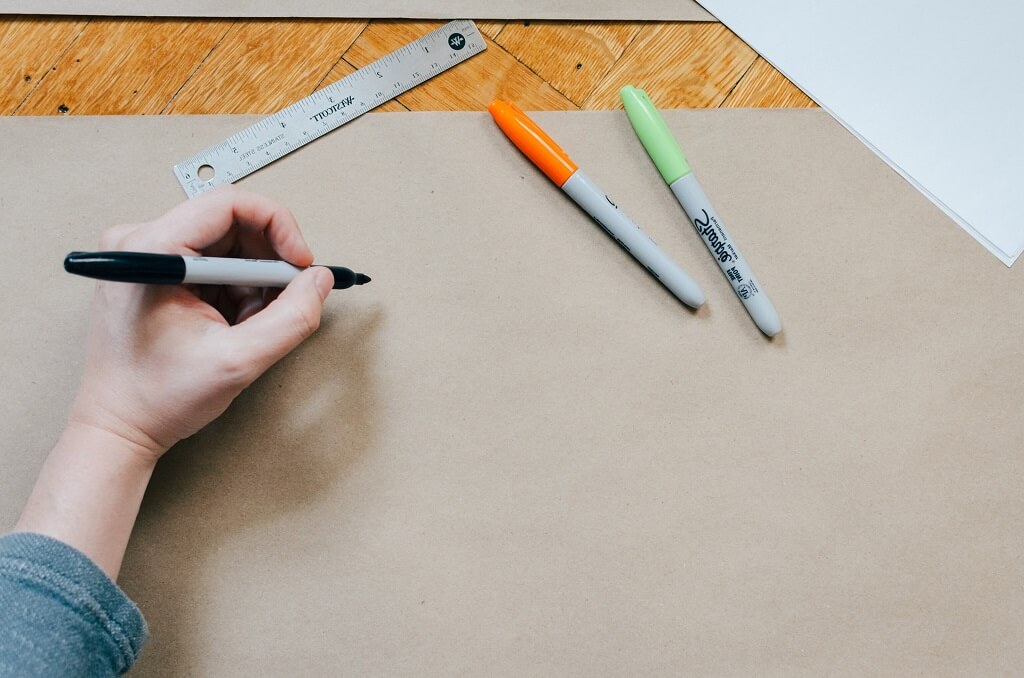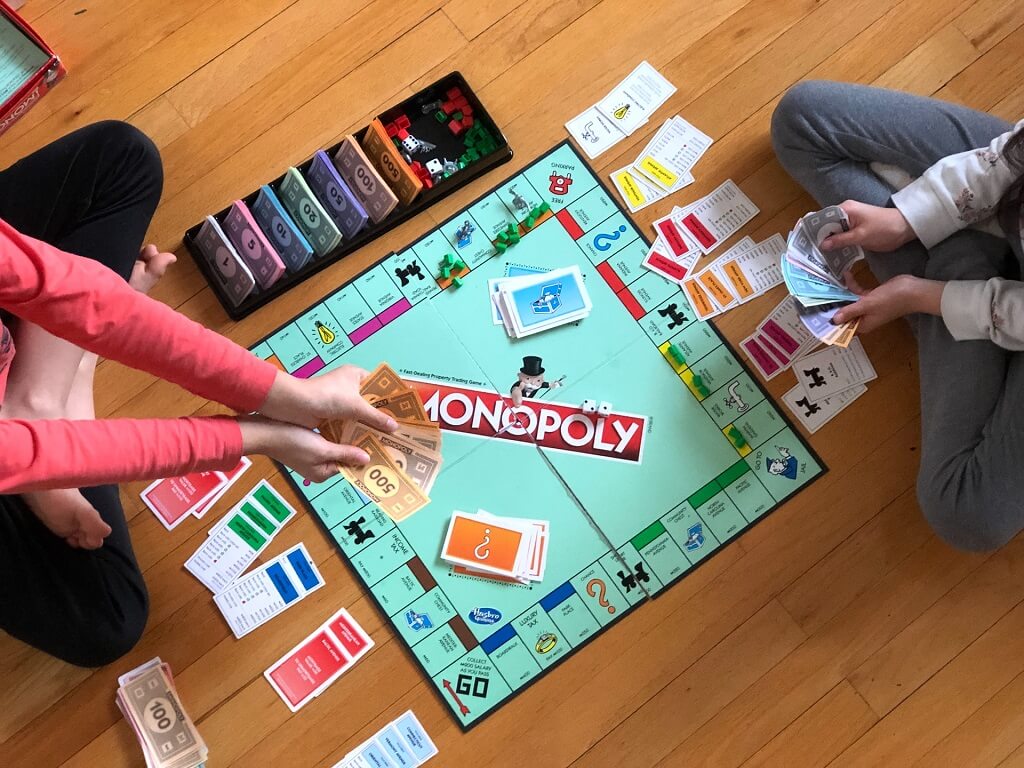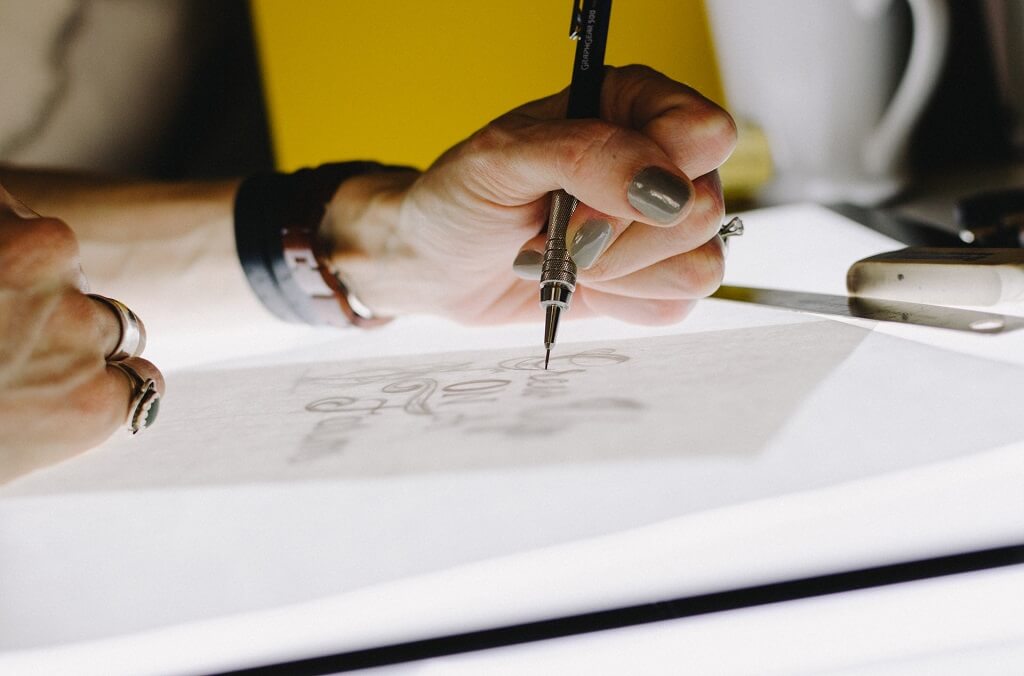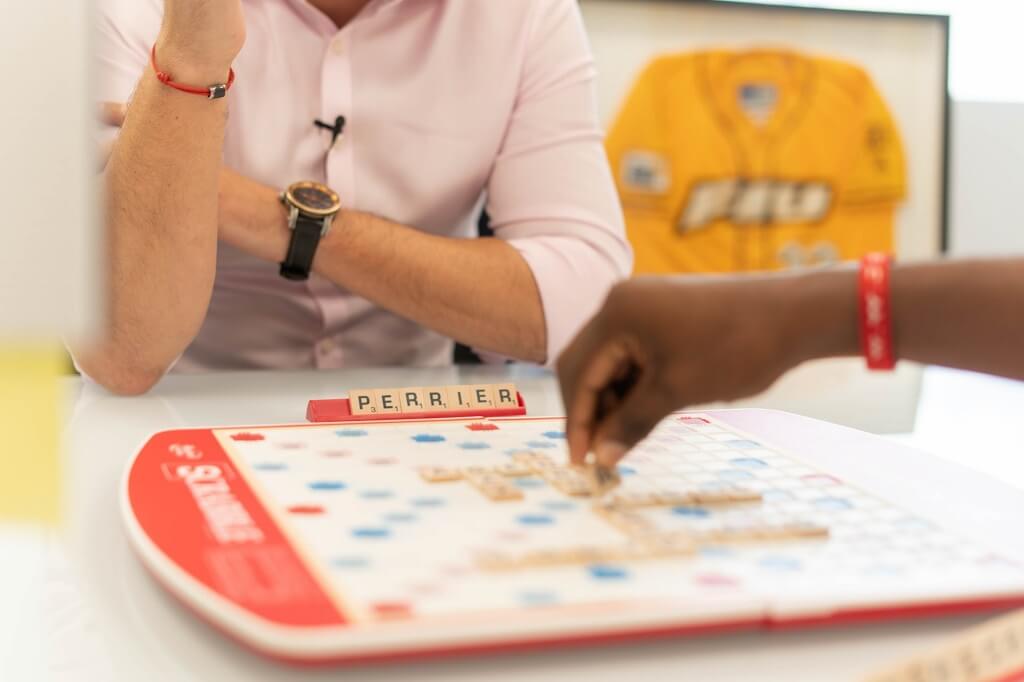As an independent game developer, it’s very important to understand and protect your rights as the creator of your board game, including intellectual property rights (IPR) and copyright protections. If you don’t take any steps to protect your board game, this will leave the door open for others to copy your work and sell it as their own, potentially causing you to lose sales and discouraging others from buying your board games in the future.
Follow these 5 easy ways to protect your board game from being copied so that you can be sure you’re providing only the best gaming experience possible.
Table of Contents
Trademark
A trademark is a word, symbol, or combination that identifies and distinguishes a product or service of one company from those of others. Trademarks are also sometimes referred to as brand names or logos. The benefits of registering a trademark include an exclusive right to use and protect your mark against others who would try to infringe on it. Registration gives you these benefits nationally in one country, whereas common law rights only provide them within your state or province. To register a trademark, you must submit an application containing certain information about your mark, including its intended use.
Copyright
Copyright protects your board game ideas. The earliest a board game can be copyrighted is when it is created. For games, that means when they are fixed in a tangible medium. That’s when you need to register your board game with copyright protection services. This is important because if someone copies your board game idea and publishes their version of it before you do, they will have ownership over your board game idea. To protect yourself from board game plagiarism, you must secure your board game copyright as soon as possible. There are many resources available online that offer advice on how to protect board game ideas. You should make use of these resources so you know what steps to take when securing your board game copyright.
Patent
Patenting your board game is a good way to protect it. But before you do, make sure that it’s not already been patented by someone else. If you are unable to find any other patents for your board game idea, then you can file for a patent yourself. Patents last for 20 years depending on what kind of patent you apply (utility or design). Utility patents cover functional aspects of an invention while design patents cover its aesthetic elements. Both types of patents will protect your board game from being copied. It’s important to note that there are different requirements and costs associated with each type of patent. For example, utility patents require more technical information and cost significantly more than design patents.
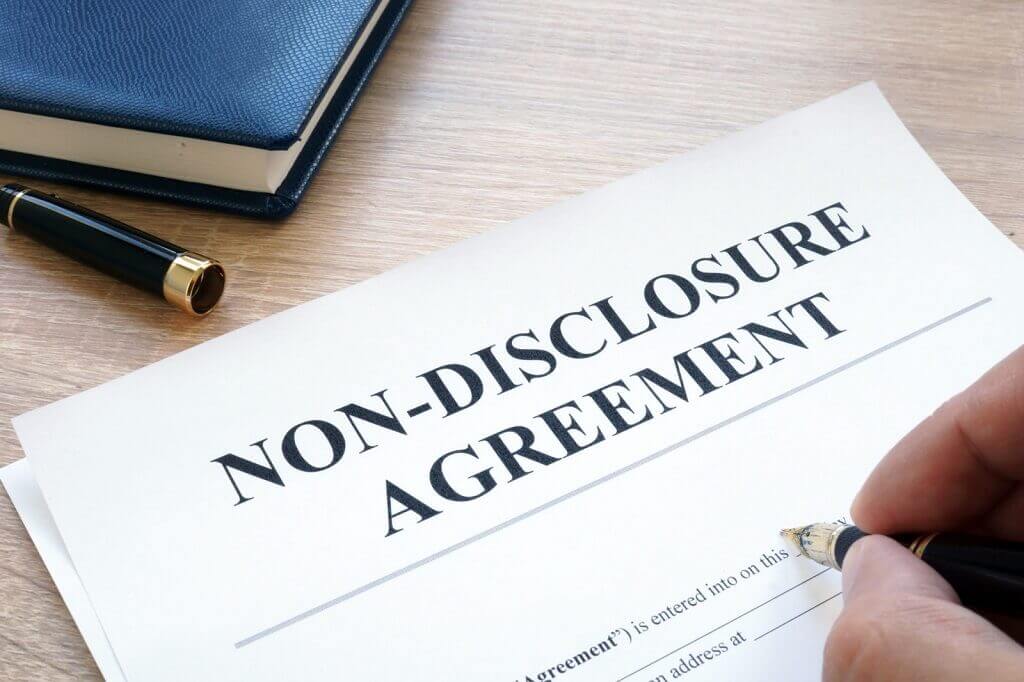
Sign NDA Agreements
If you’re working with a co-designer, graphic artist, or board game manufacturer, it’s wise to have them sign an NDA (non-disclosure agreement). This means they can’t share any details about your game with third parties. We all know board games can make a lot of money and companies and people regularly copy their competitors. There are many instances where someone has copied a board game, rebranded it, and sold it as their own. You must do everything in your power to protect yourself against being ripped off by unscrupulous individuals.
Crowdfunding Campaign
A crowdfunding campaign can be a great way to raise money for your board game. The process of crowdfunding is simple, and it can be done without too much trouble. A lot of people have been able to raise thousands of dollars to get their board games developed. If you want your board game idea protected, you should consider using crowdfunding platforms (such as kickstart and Indiegogo) as a way of raising money for your board game. By doing so, you will be able to protect your board game idea and prevent it from being copied by other people. Many benefits come with using crowdfunding as a way of raising money for your board game idea.
Conclusion
protecting your board game ideas is essential for ensuring that you will be able to profit from your hard work. If you fail to protect your board game ideas, someone else will likely copy them and make money off of them. And while there are no guarantees in life, there are some things you can do to make sure that doesn’t happen. By taking a few simple steps, you can ensure that your board game remains yours and yours alone.

